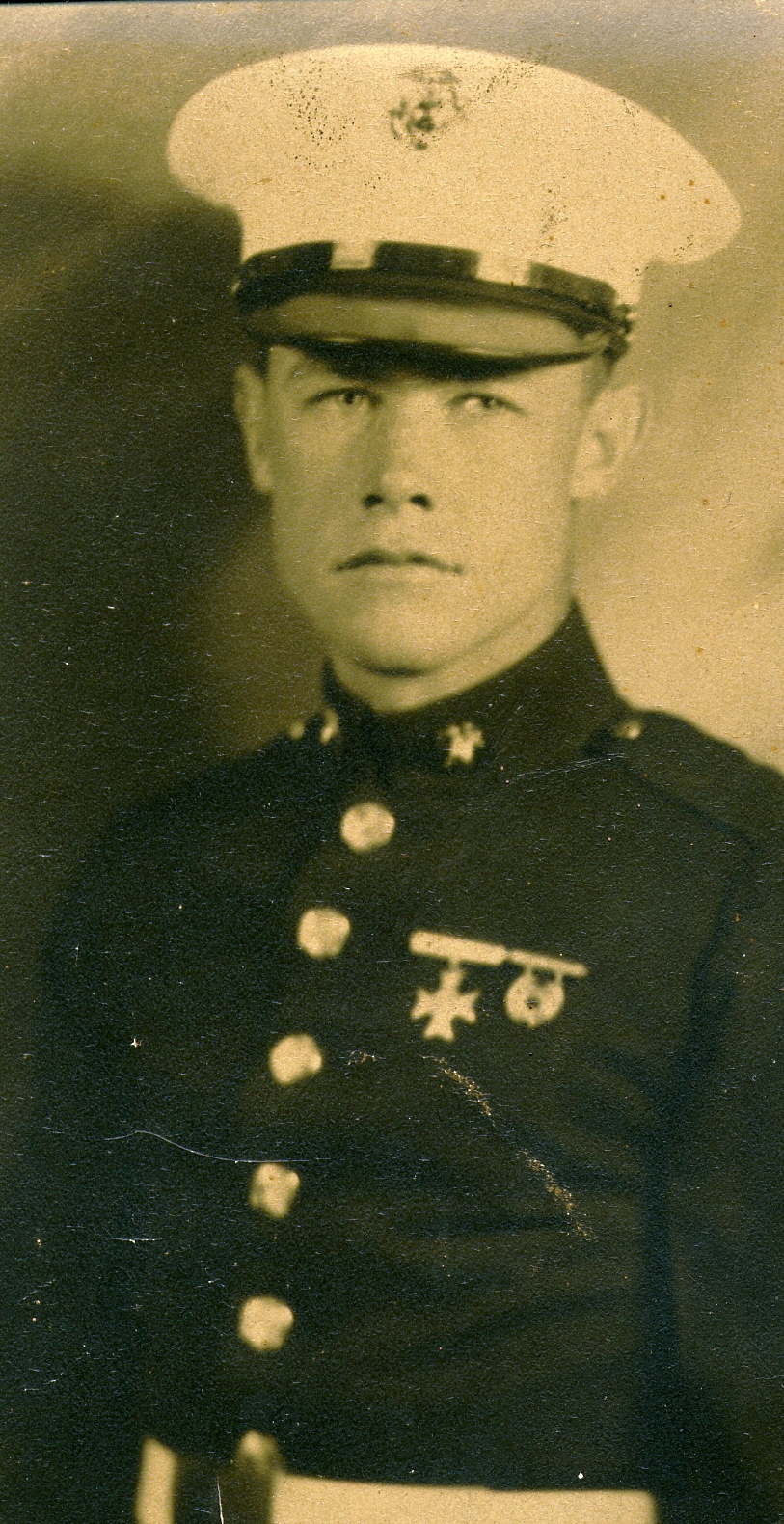 .
.
Michael H. Lawless was born in Baxterville, Mississippi on 9 June 1906. Upon graduating from high school, Michael attended the University of Mississippi and taught school for several years before trying his hand as a train dispatcher. At New Orleans, in April 1932, Lawless joined the Marine Corps. Following his training at Parris Island, Lawless would serve aboard the battleship USS Idaho. After a tour in Virginia, he received orders to join the Marine Detachment at Peiping. Serving from December 1936 through March of1940, he witnessed last months of peace before the Japanese overran the city in the summer of 1937.
Following his China Cruise, Sgt Lawless returned state-side and began a cruise at Pearl Harbor. Present for the attack, he manned a 5” gun, but shortly thereafter was diagnosed with a debilitating spinal condition leading to his discharge and ultimately confinement in a wheel chair. It was said, for a while at least, Mike was guilt-ridden over being unable to continue to serve at a time of war. Yet he returned home and entered the Law School at the University of Mississippi. A well traveled man and proficient drinker at school, Lawless was expelled from the program following a series of clashes with a young professor. However, he was able to pass the state Bar Exam and went on to practice law for many years. Sgt Lawless passed away in 1975.
All photos on this page are courtesy of the Lawless family.

Parris Island
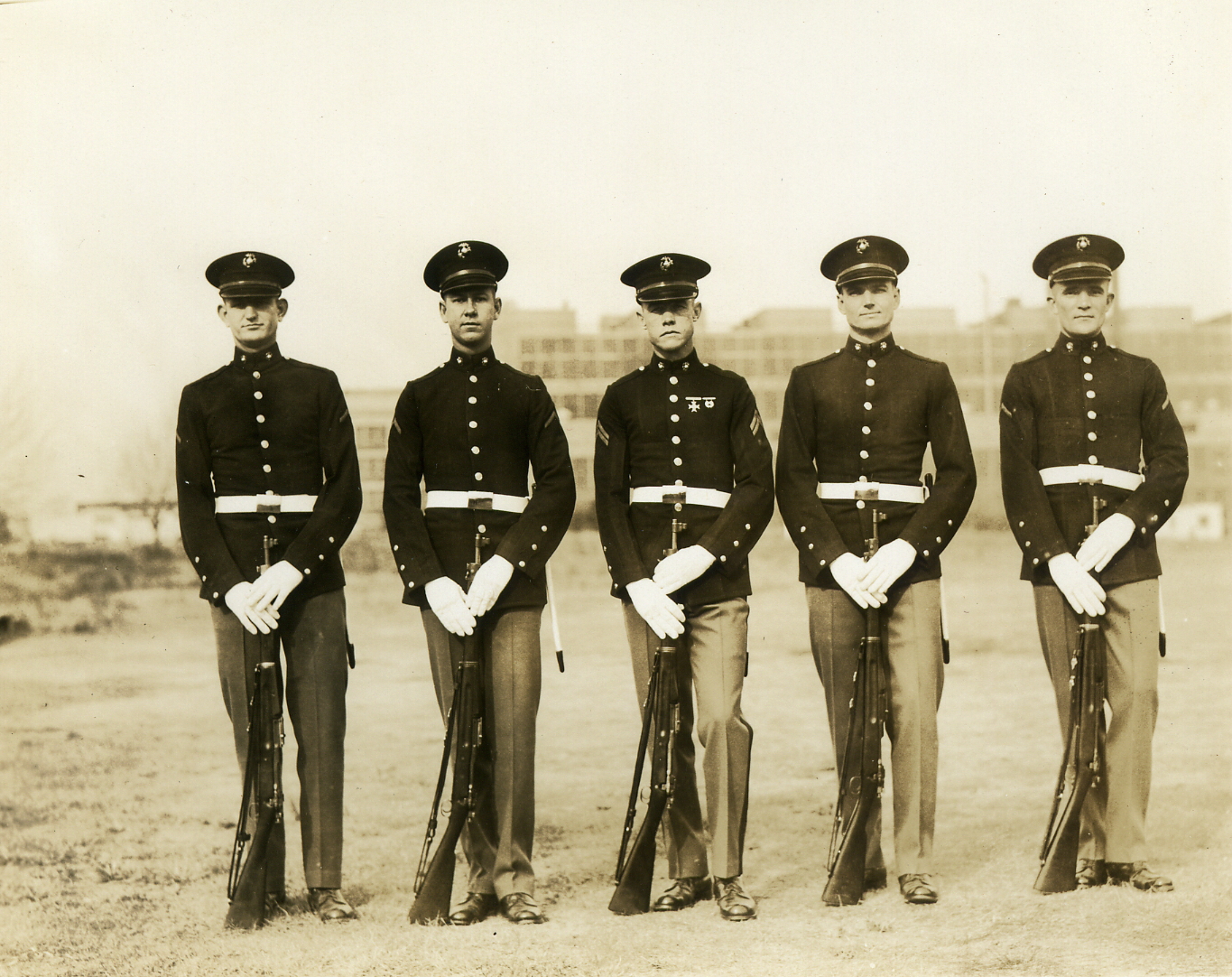
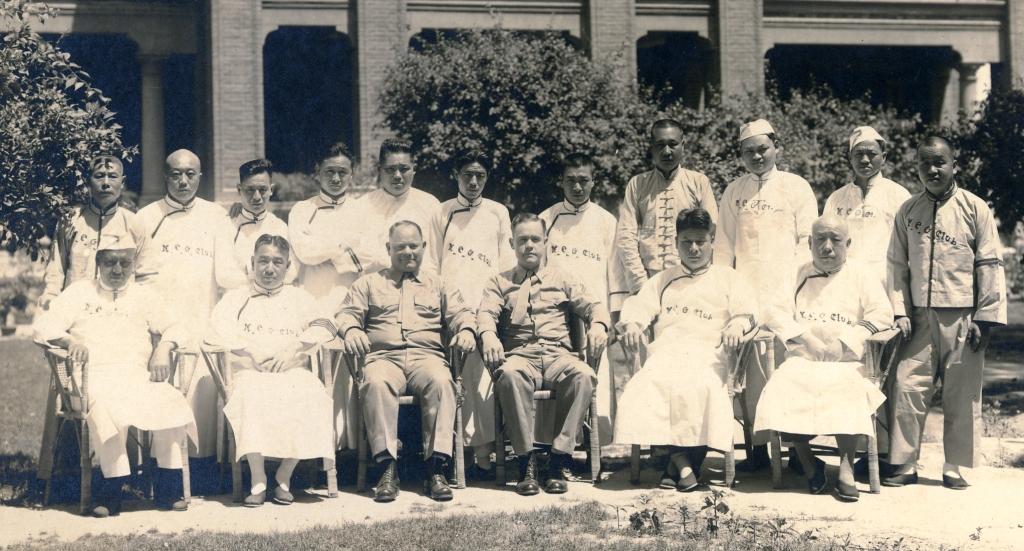
The NCO Club Staff, Peiping China.
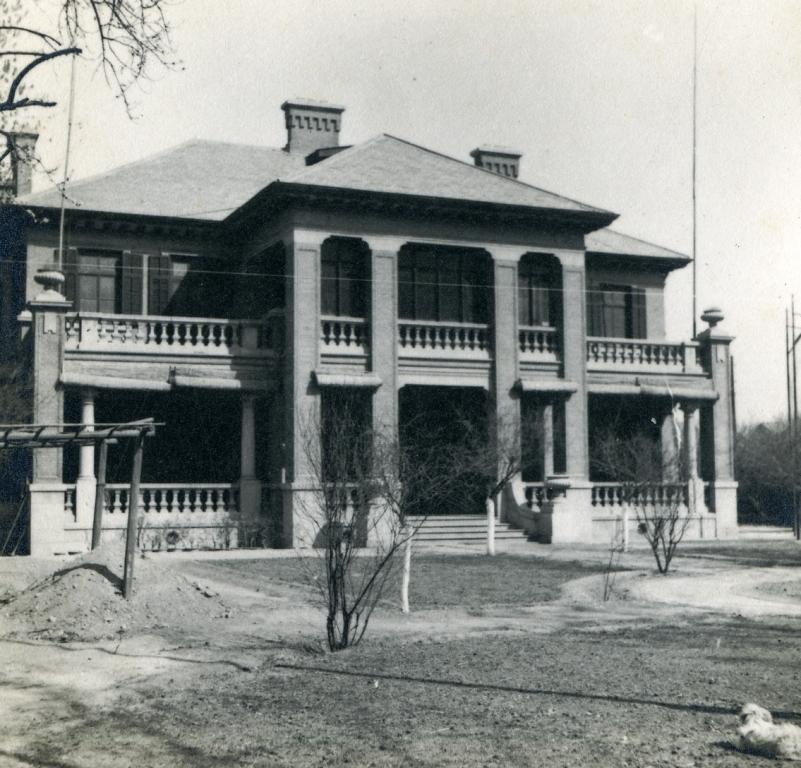
The Peiping NCO Club.
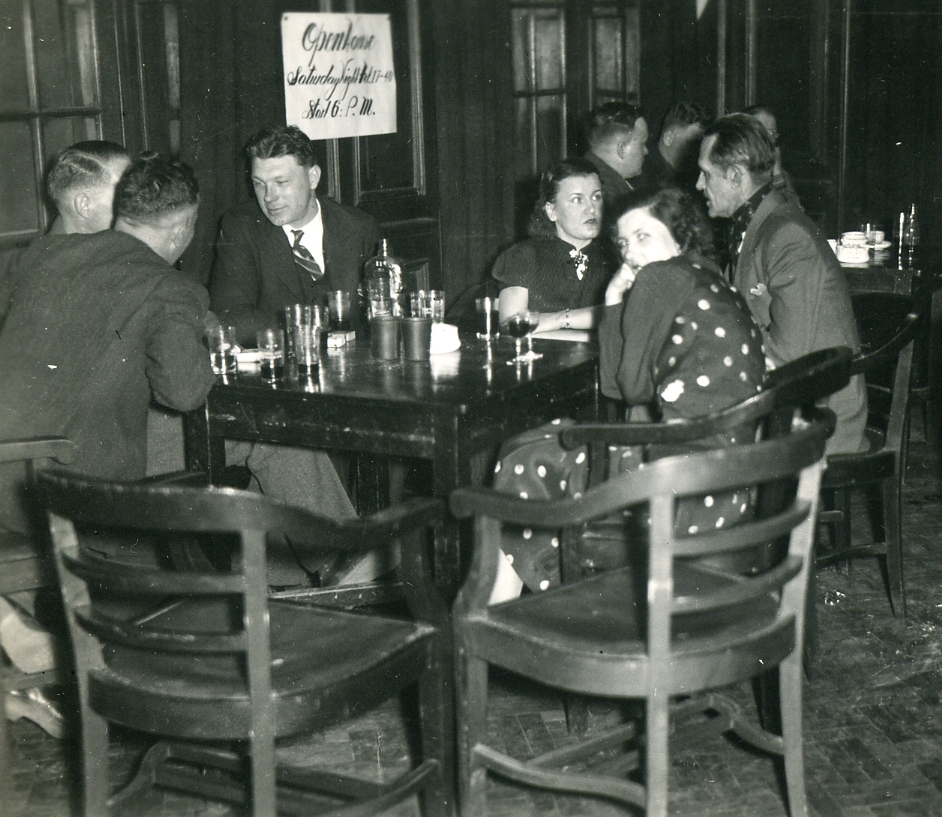
NCO club patrons. There are a number of images of club activities in Lawless’s collection many showing an interesting mix of women: Chinese, Korean, White Russian and American. The Americans no doubt were either spouses of the senior NCOs or from the American Community in Peiping.
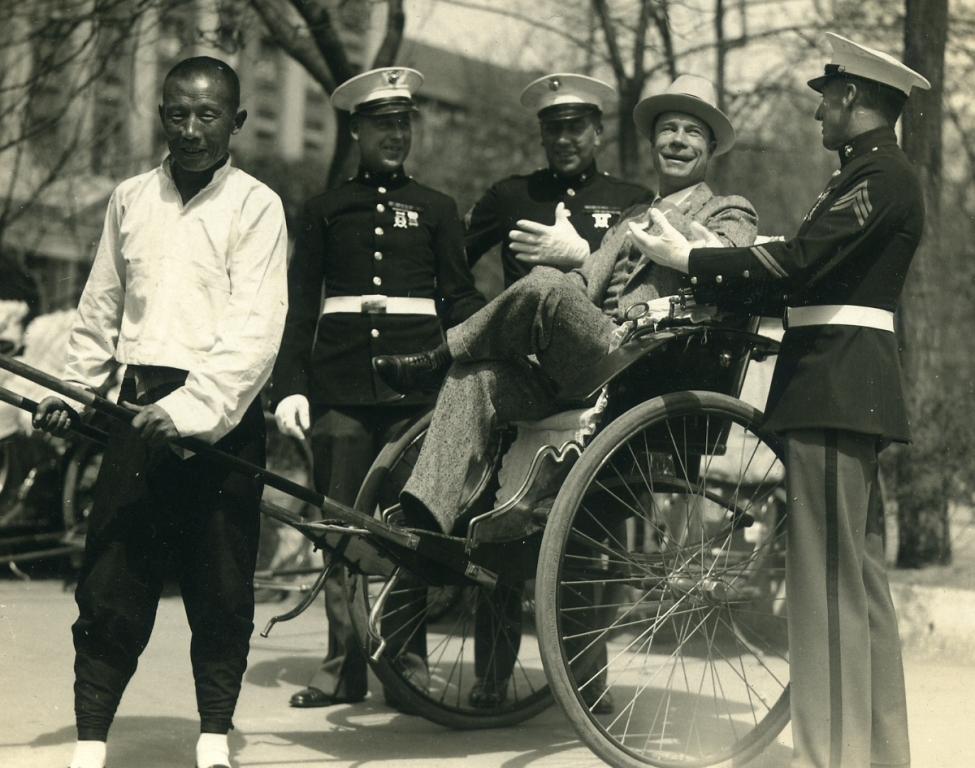
Comedian Joey E. Brown’s visit to the Marine Detachment. It was not uncommon for politicians, sports stars or entertainment celebrities to visit the Marine Detachment in Peiping. Like Roy Rodgers before him, Brown must have a popular guest as a number of photos of his visit exist in surviving China Marine photo albums from this period. Although, he lost a son in a state-side plane crash during WWII, Brown dedicated much of his time entertaining American servicemen aboard and was awarded a Bronze Star for his efforts.
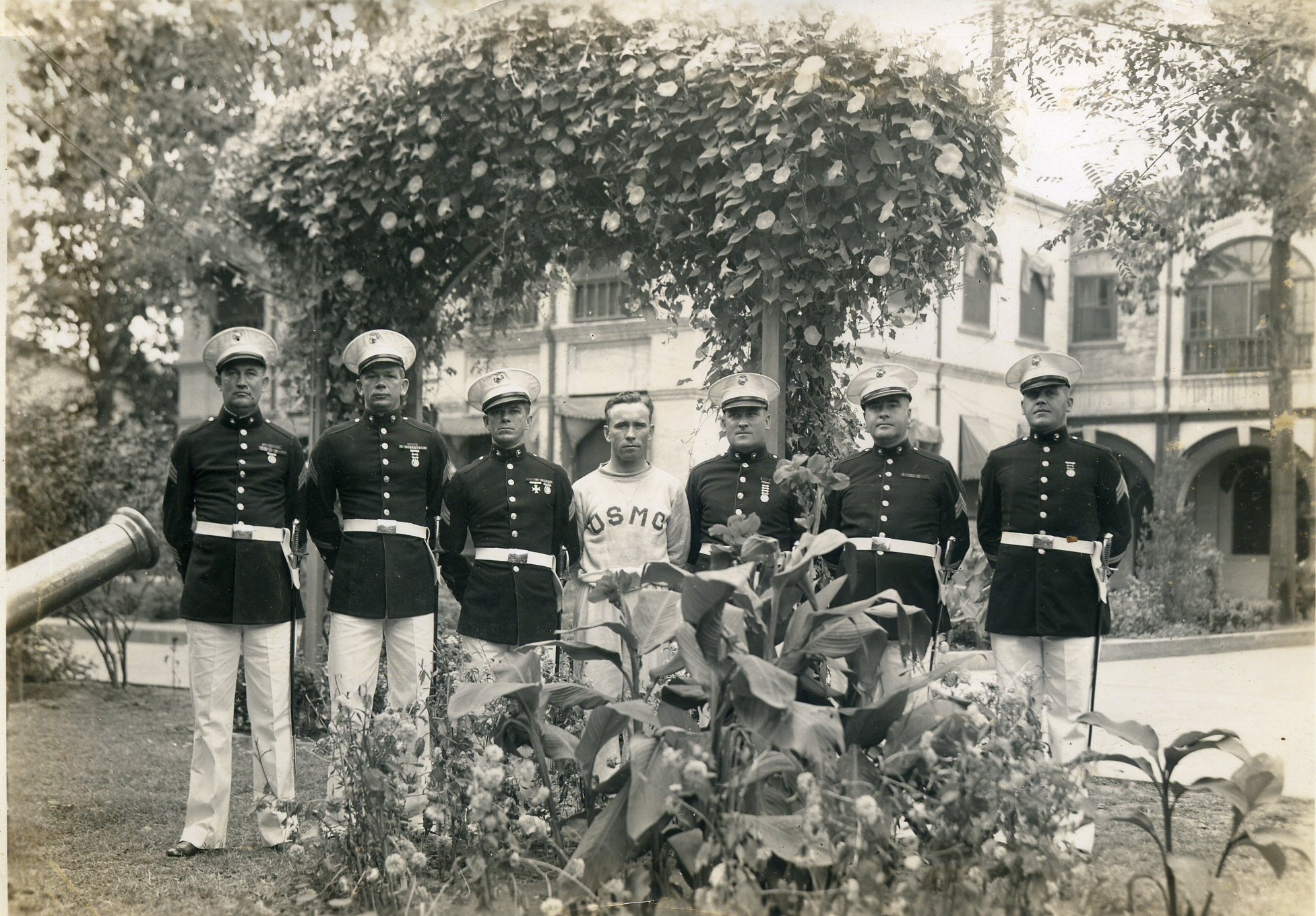
NCO’s standing in the Legation garden. Note they are all carrying their swords.

A track event run on the American Glacis. In the Lawless collection there are several pictures of this track and field event featuring only Marines, therefore we can assume it is a inter-company competition. Meets like this one would be used to determine who would represent the Marines at the annual Peking International Guards competition in October.
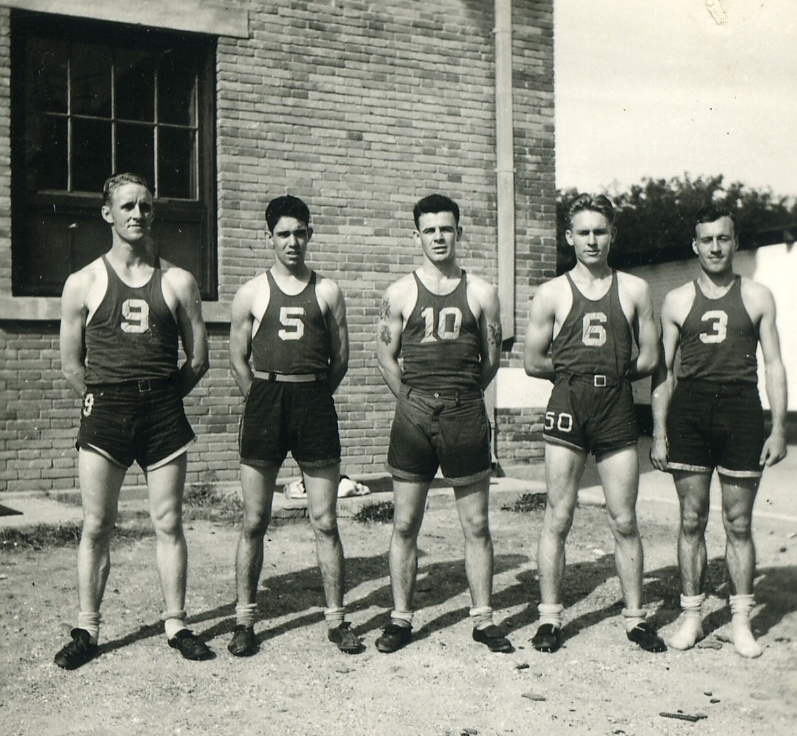
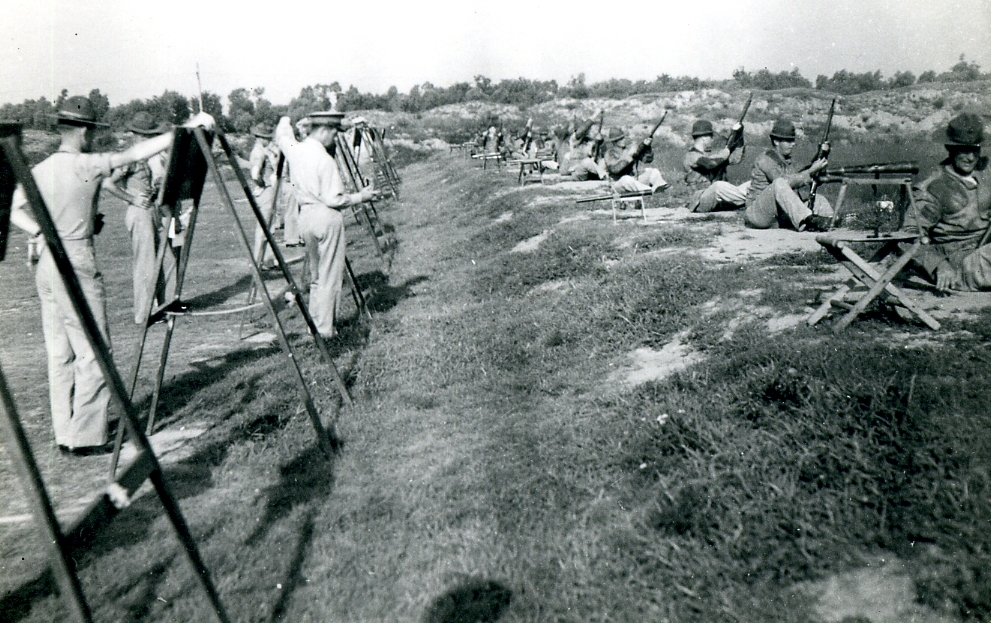
The international rifle range. Just to the east of the city, this range was used by the legation guards of all nations.
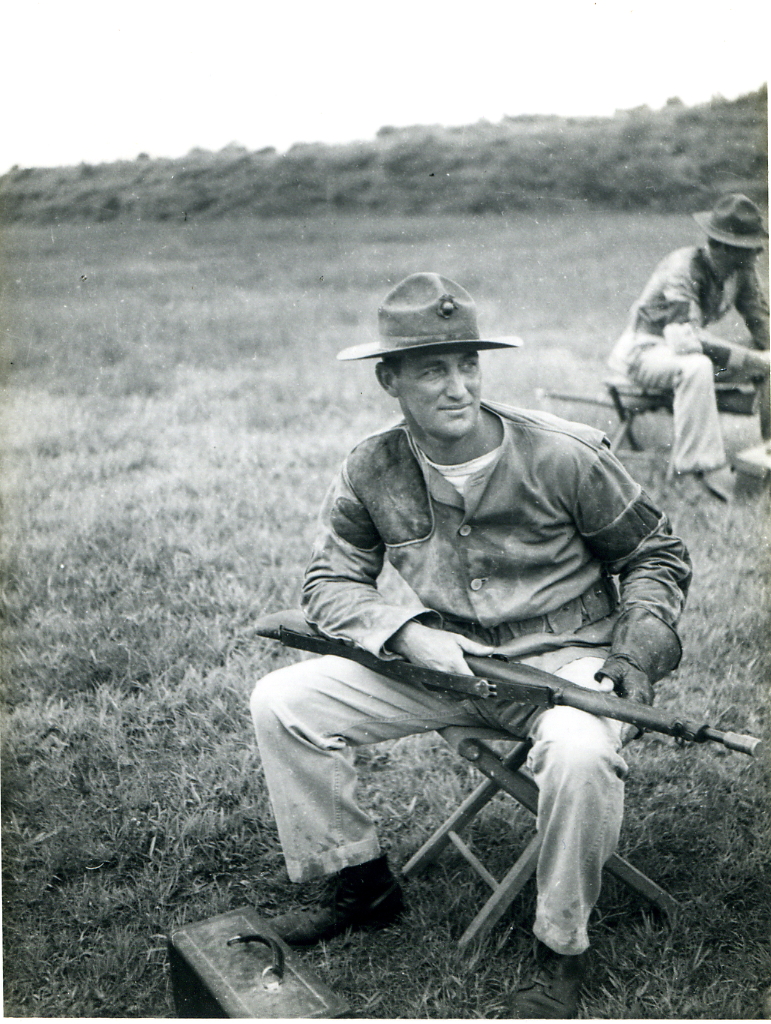
An unknown Marine, wearing a shooting jacket at the range.
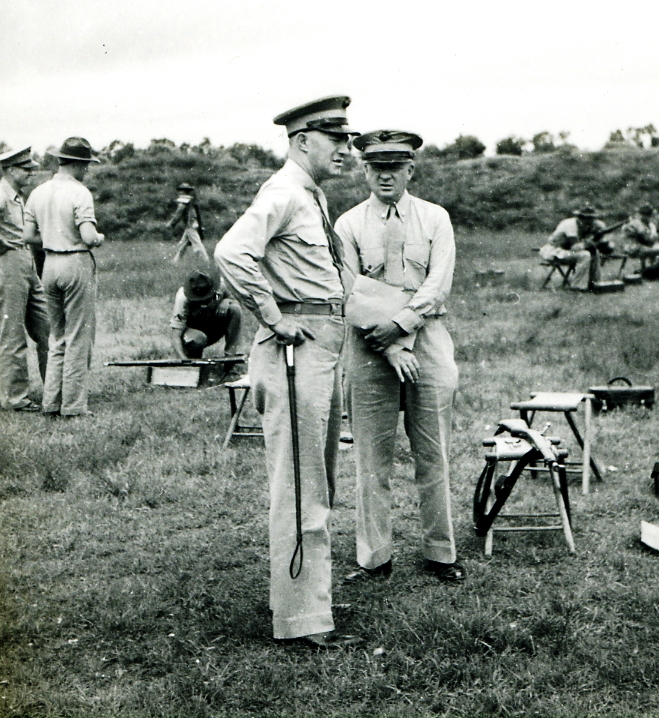
Colonel Turnage at the Range
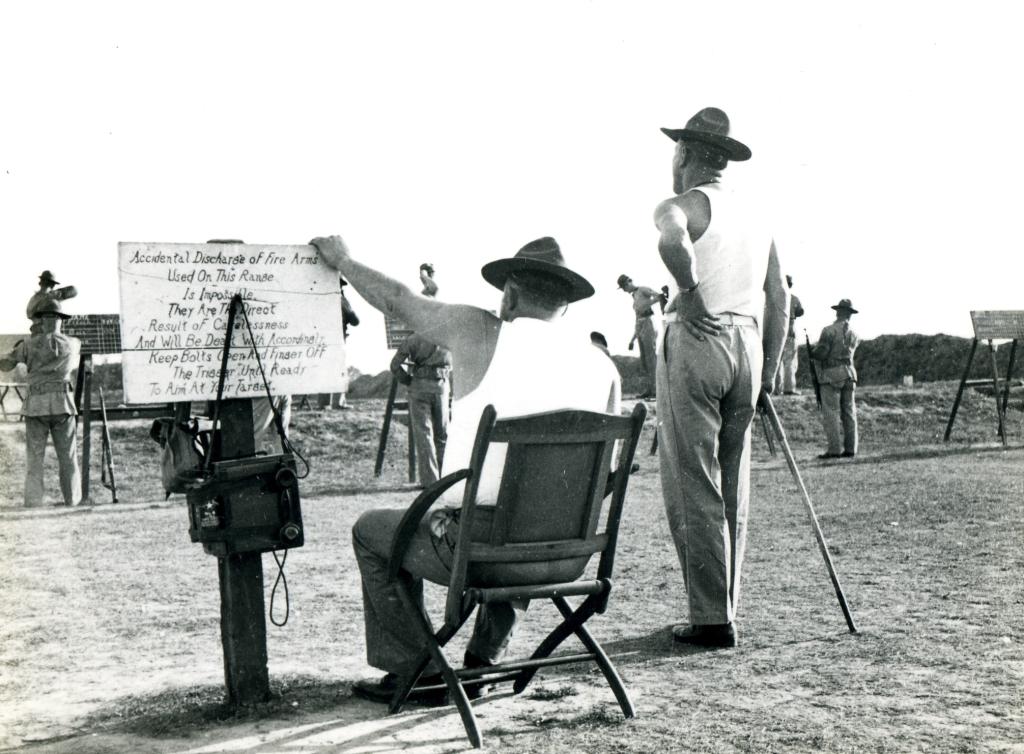
A sign at the range noting “accidental discharges of fire are impossible at this range”, but if they do happen, it would be the result of carelessness of the shooter. As the years progressed, the Marines took great care to promote range safety, but sometimes accidents did happen. A State Department diplomat recorded that in 1908 the range was built close to the Peking-T’ungchou highway. Although care was taken to avoid it, sometimes a bullet would ricochet over top the high yellow clay butts, striking a Chinese national. A system developed where the family would then appeal to the offending guard force, who would pay compensation for the mishap based upon a pre-approved rate.The Americans were known to provide the most generous of payments, followed by the British and the French.
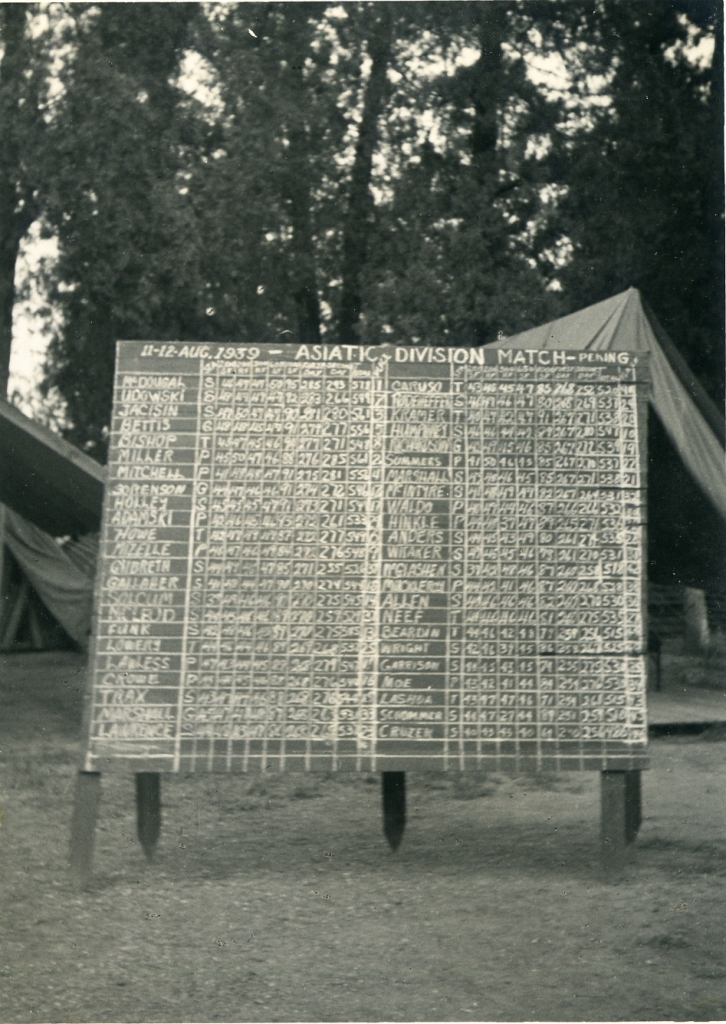
A score board for one of the many rifle matches held by the Marines. Not only were there inter-company matches, but also competitions between the Marines of Peiping and Shanghai, the US Army and the other international guards.
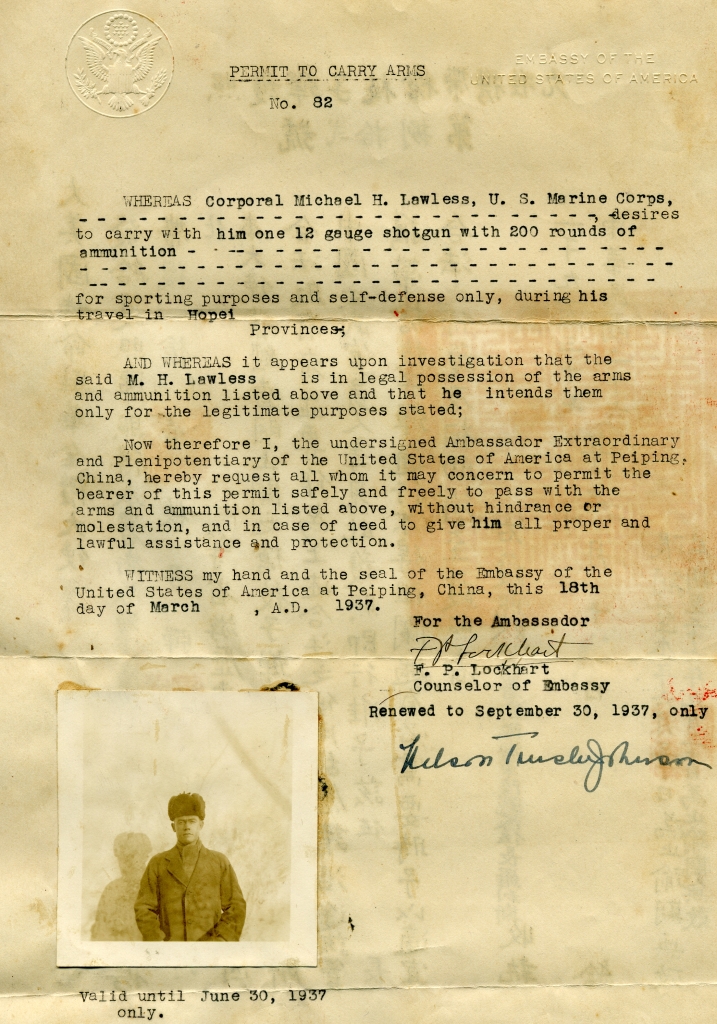
A permit, countersigned by the US Ambassador to China, authorizing Lawless to carry firearms outside of his Marine activities. Many officers liked to hunt on their spare time and carried a similar permit. Lawless also a hunter, once fell l through the ice while hunting duck and had to be saved by a Chinese farmers. Note part of Lawless’s hunting outfit includes his Marine issued winter fur cap, minus its enameled company diamond.
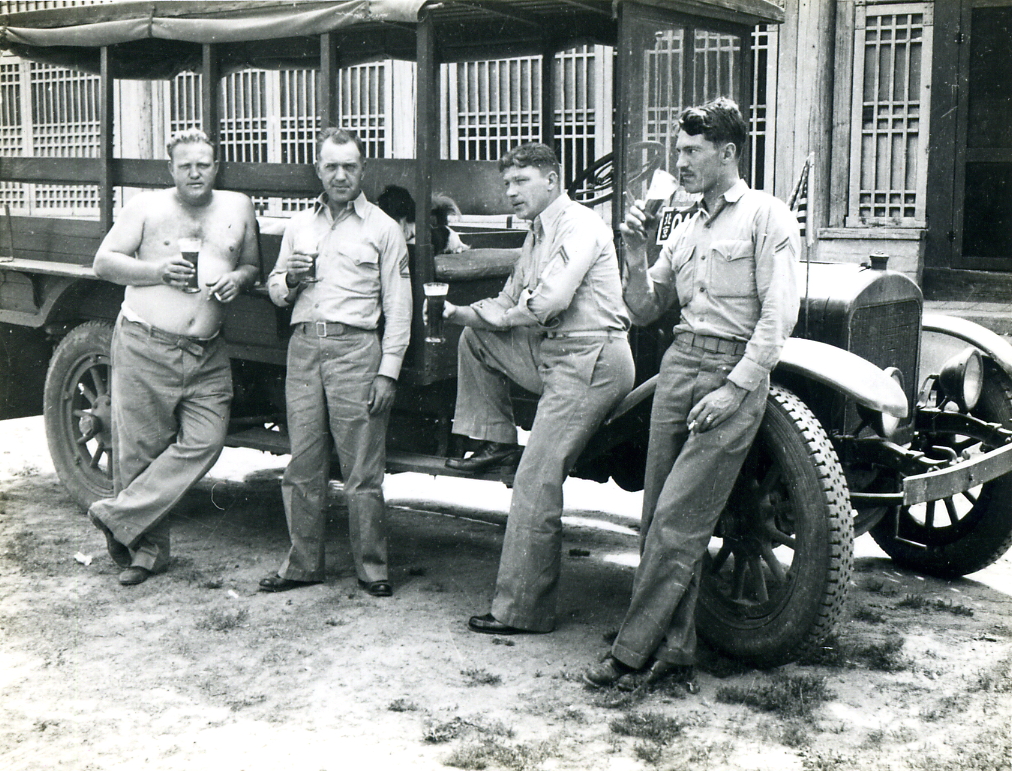
The next few shots show activities at the Marine’s summer camp at the Princess tombs. No doubt these Marine’s are enjoying “Five Star Lager”, a popular local beer.
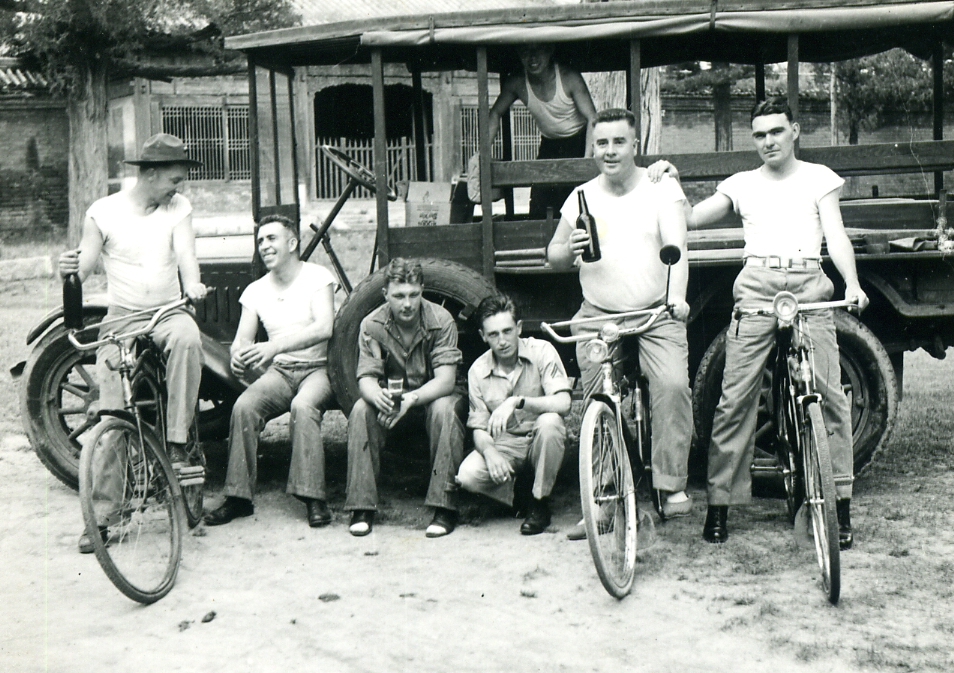
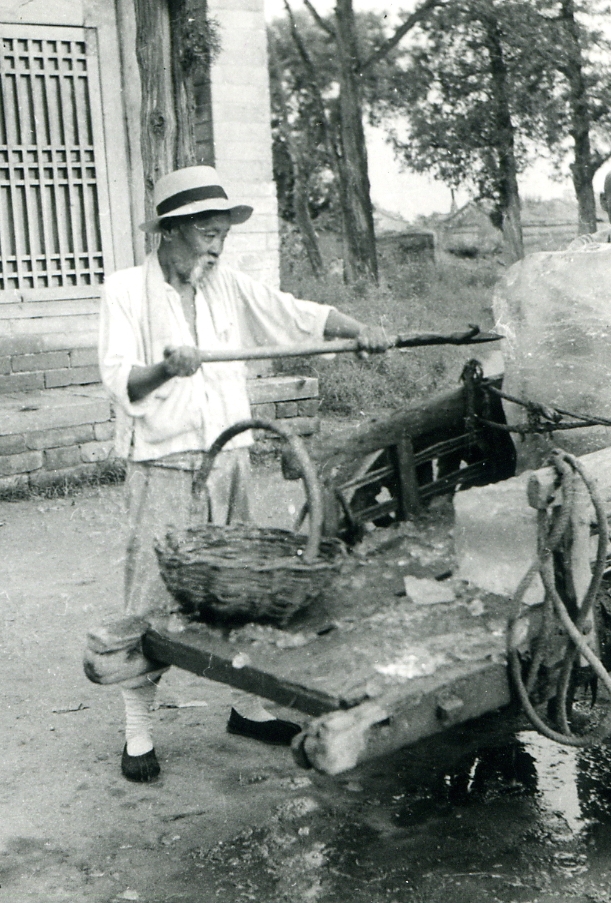
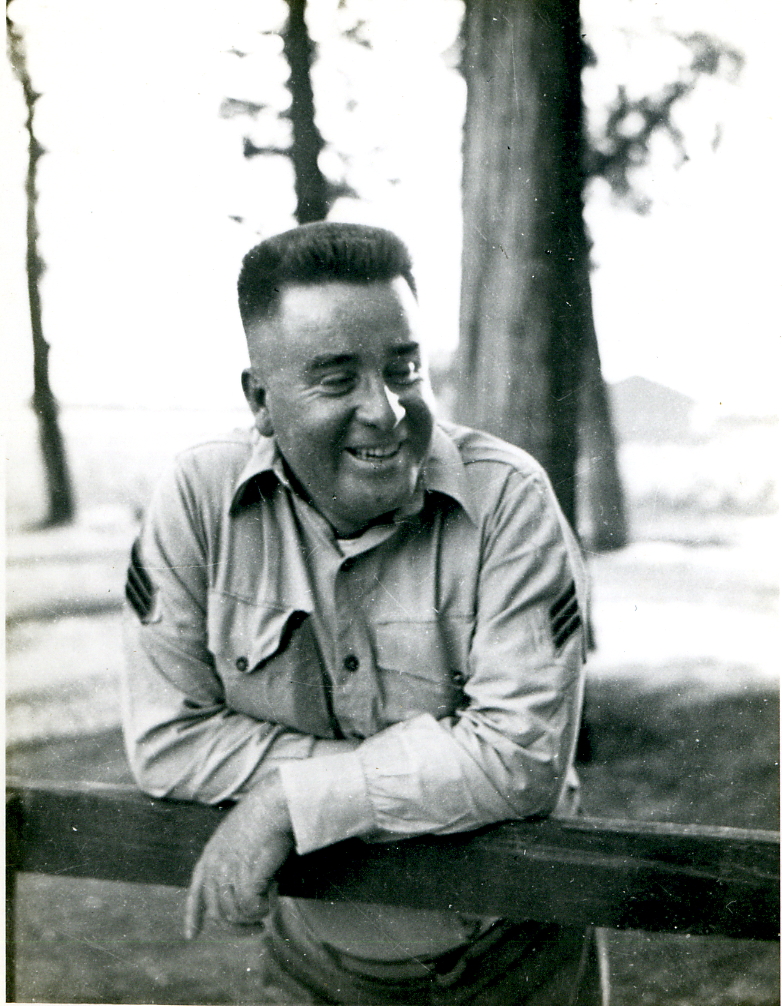
Sgt Joseph “Caribou” Johnson. Lawless counted Johnson as a close friend. “Caribou” Johnson had a number of Far East assignments including Guam, Shanghai and Peiping. While in Peiping he served as the NCO Club Manager, while Lawless served as Club Secretary-Treasurer.
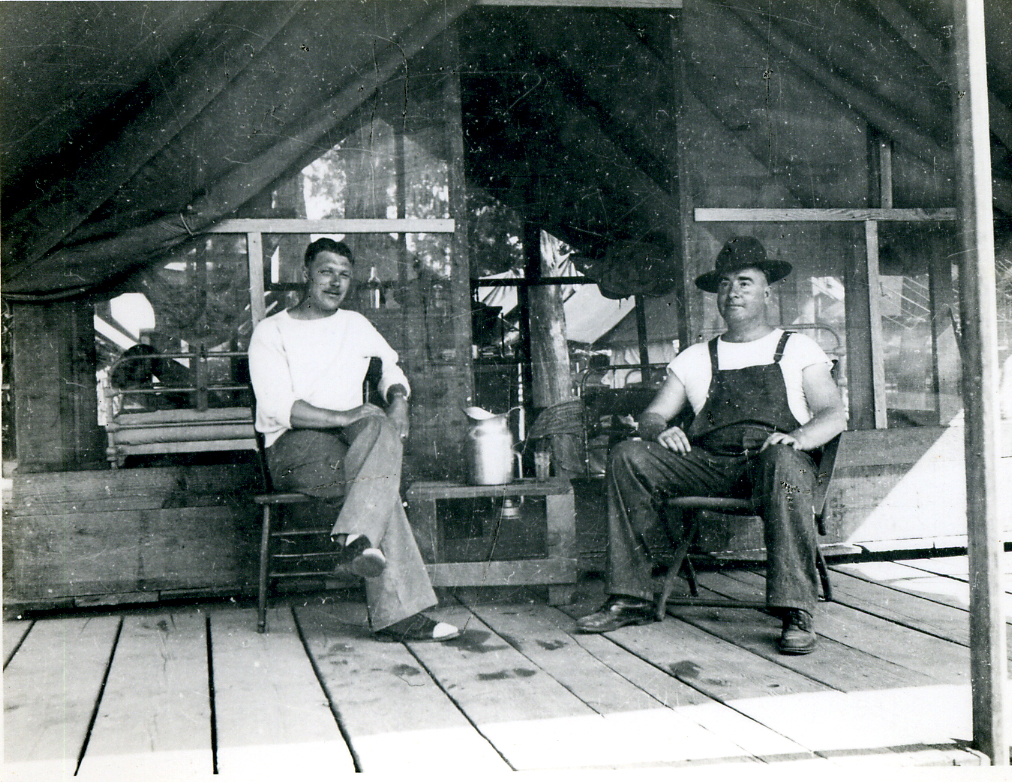
The Mess Tent
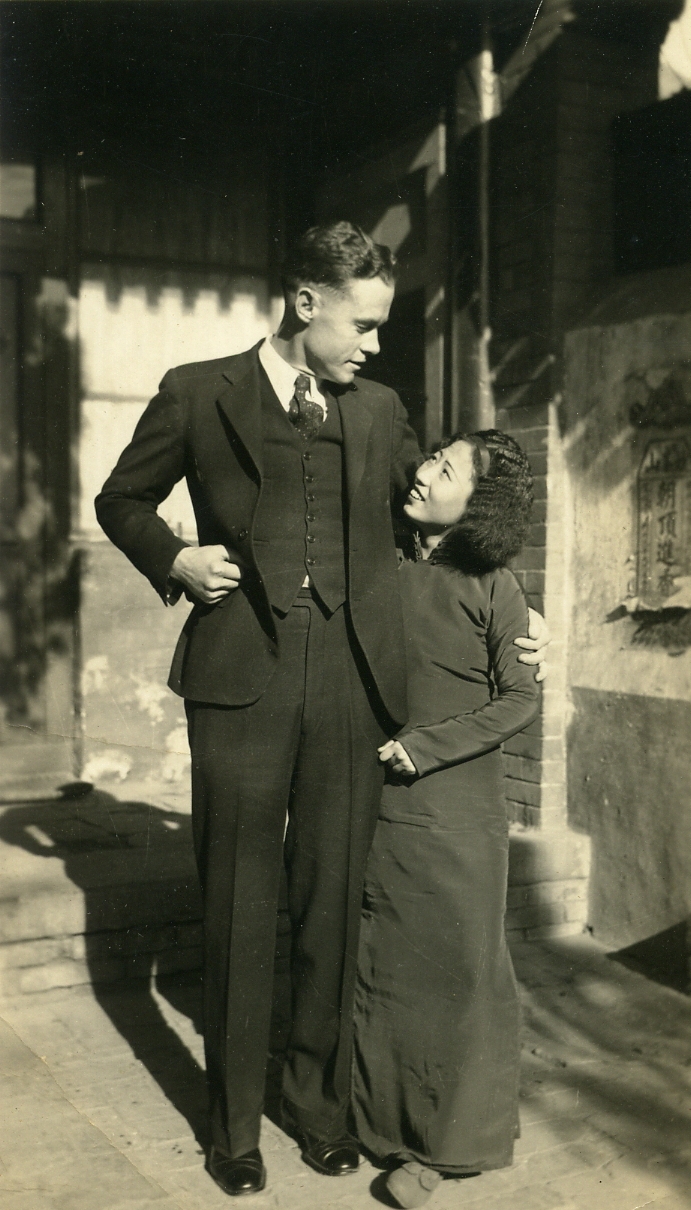
The Lawless collection contains a number of photos of him with local women. One series of pictures shows the Sergeant with a finely dressed Chinese woman and her son visiting the Summer Palace. Mike and the young boy are attired in suits, while the woman wears a dress and gloves. Other images show Chinese woman enjoying a drink at the NCO club or at the local race track.
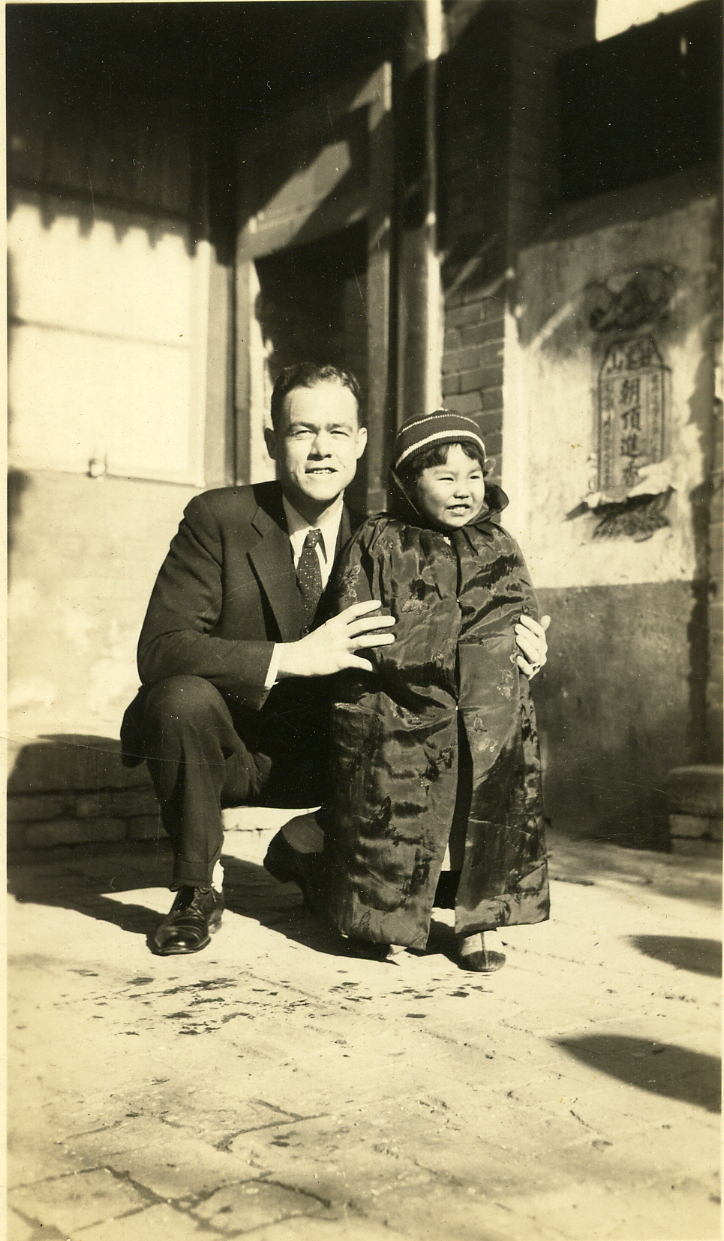
Here Sgt Lawless is shown with the young sister of one of his Chinese friends.
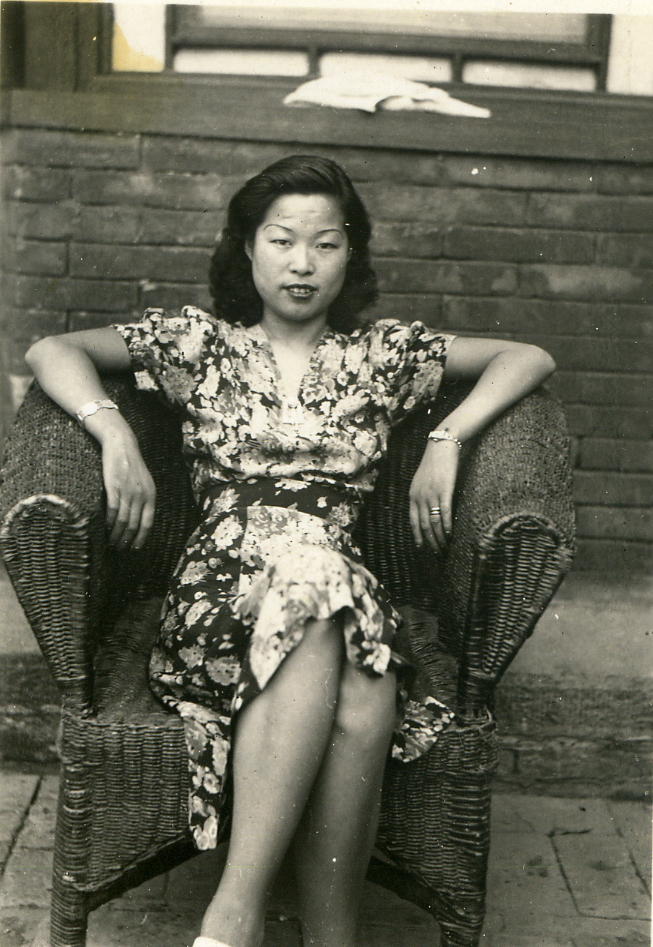
An unknown Chinese vistor to the NCO club.
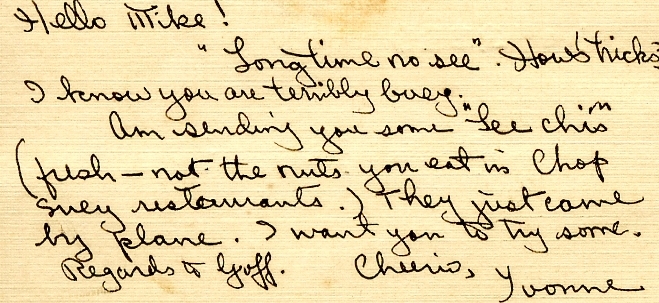
One of a series of notes Yvonne Lo sent to Mike while he was at the NCO club.
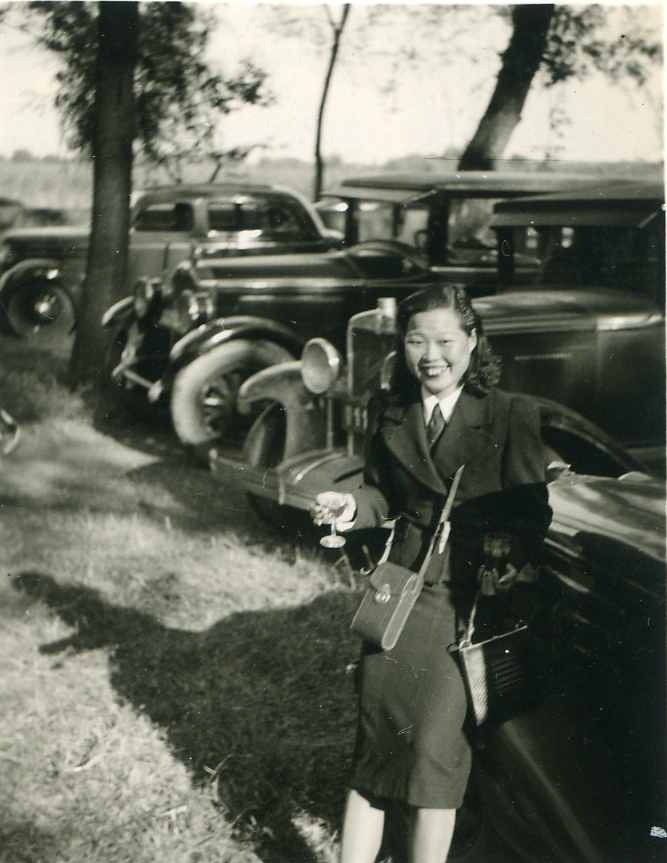
Outside the Paomachang race track, Peiping
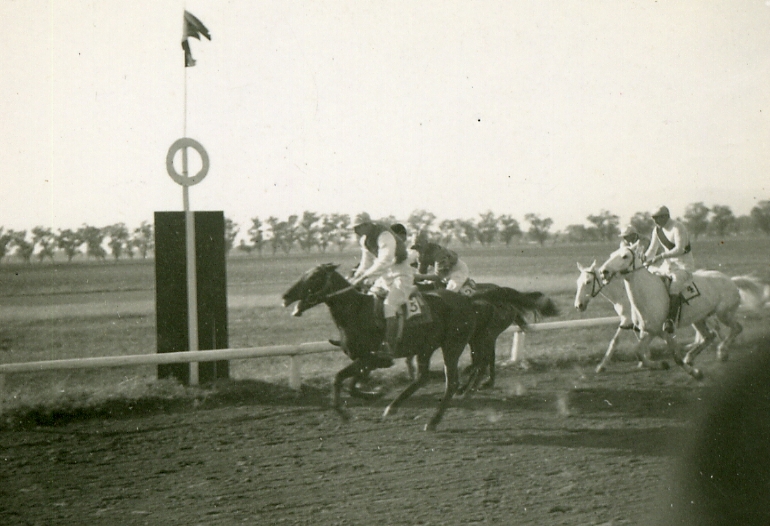
The race track. Note the horses ran in the opposite direction than they did in the States.

Sgt Lawless was the winner of the 1938 inter-company small bore competition. Here is Expert Rifleman’s badge with a three year bar.
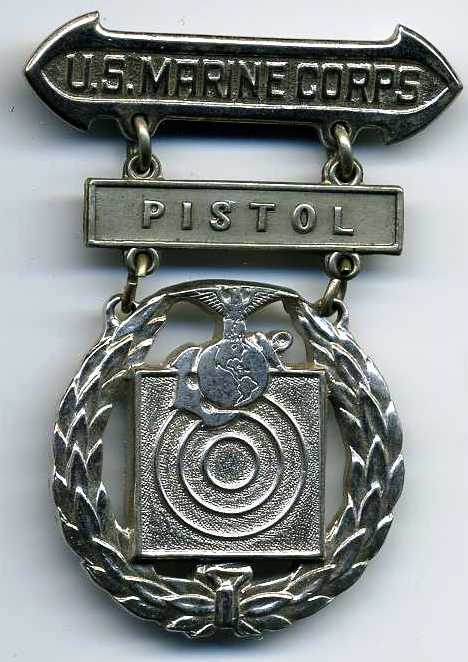
Lawless’s expert pistol badge.
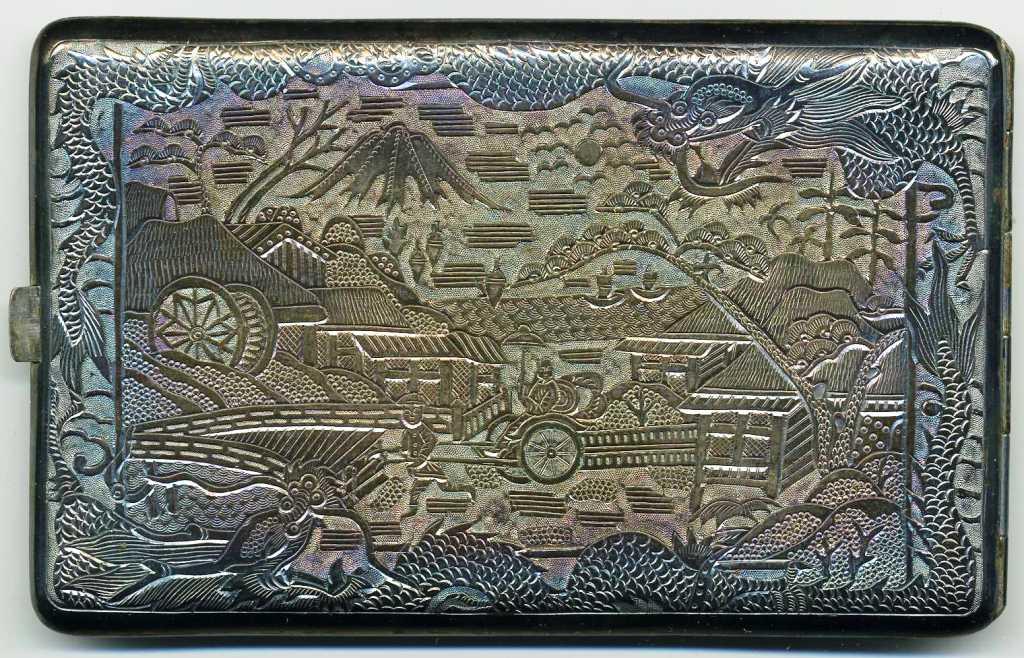
A silver cigarette case by the Peiping Silversmith Teh Ling
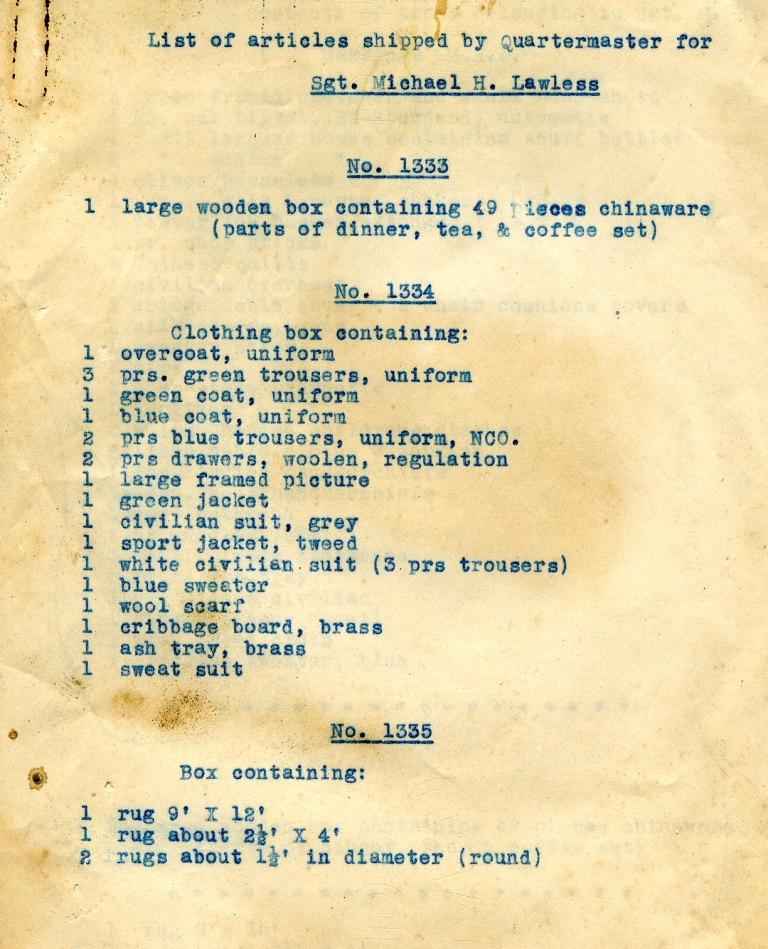
Shipping Inventory. The next three pictures are copies of a shipping inventory showing what Lawless shipped back to the states after his China cruise. I find this interesting because it shows us some of the things these men were buying. Clearly as an NCO, Lawless was entitled to a larger shipping allowance, so was able to bring many more things home then the junior Marines I've intereviewed.
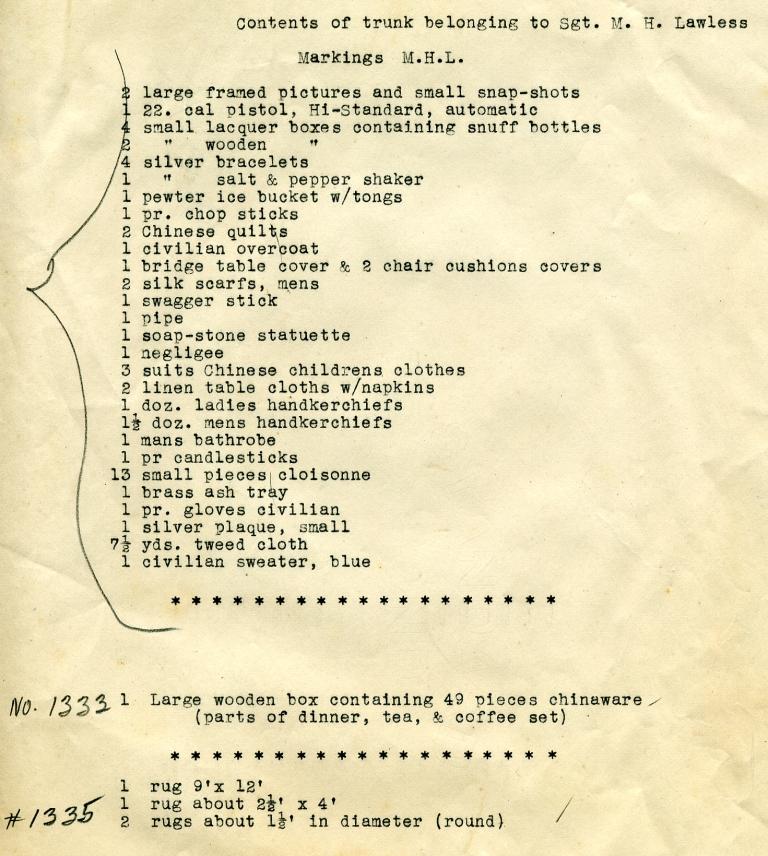
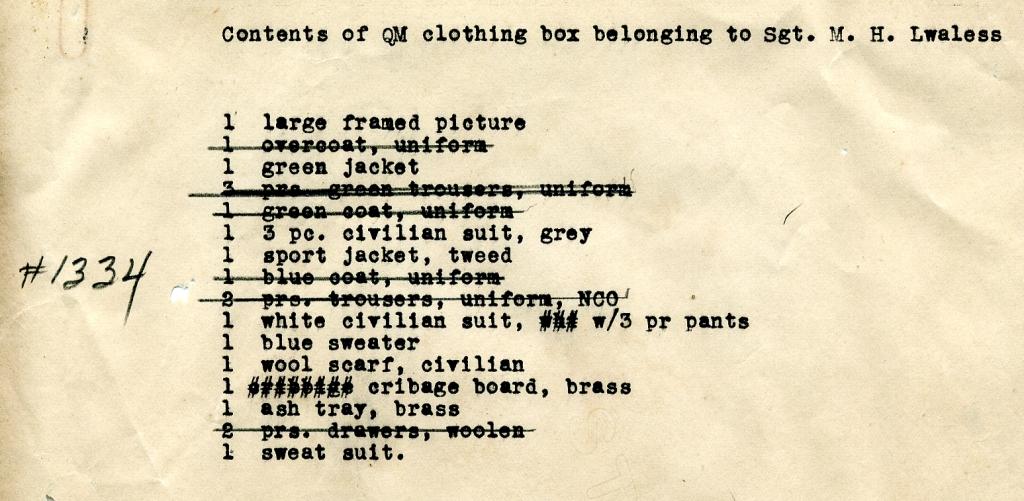
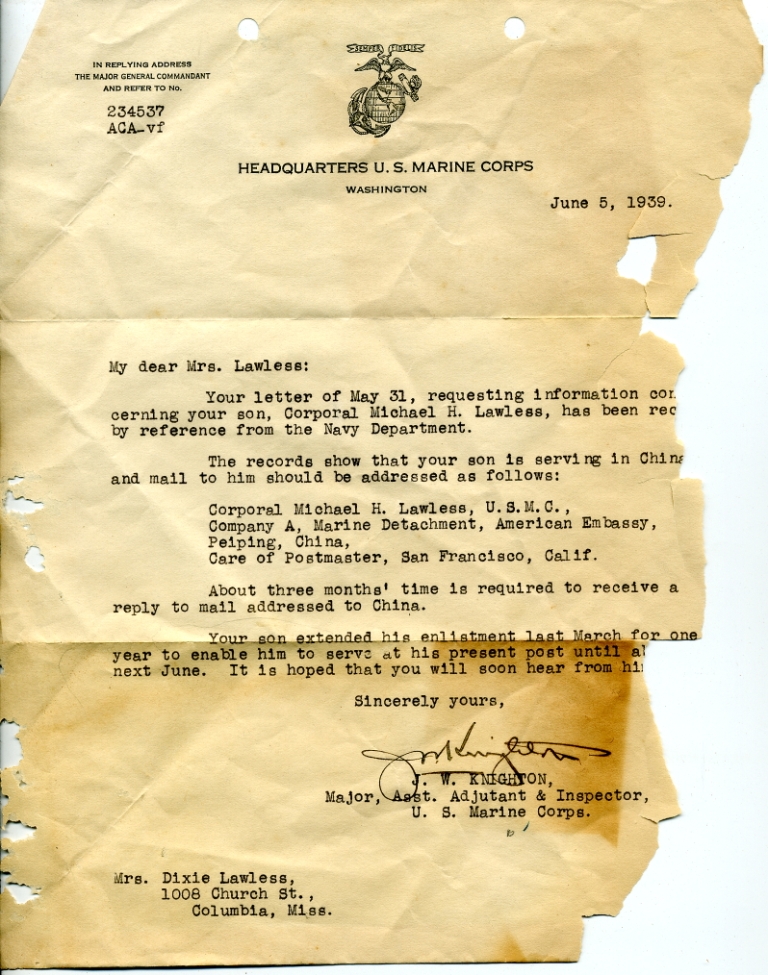
At some point during Lawless’s time in China he stopped writing home. Naturally his mother became concerned and so wrote the Commandant of the Marine Corps asking for help in locating her son. Apparently, this was not an unusual request, as I’ve heard of mothers from this period even writing to the Secretary of the Navy or the President of the United States soliciting help in tracking down their loved ones in the service. According to family legend, when word reached Lawless’s commanding officer, he not only told Corporal Lawless to write his mom, but also had him sit down in his presence and immediately do so.
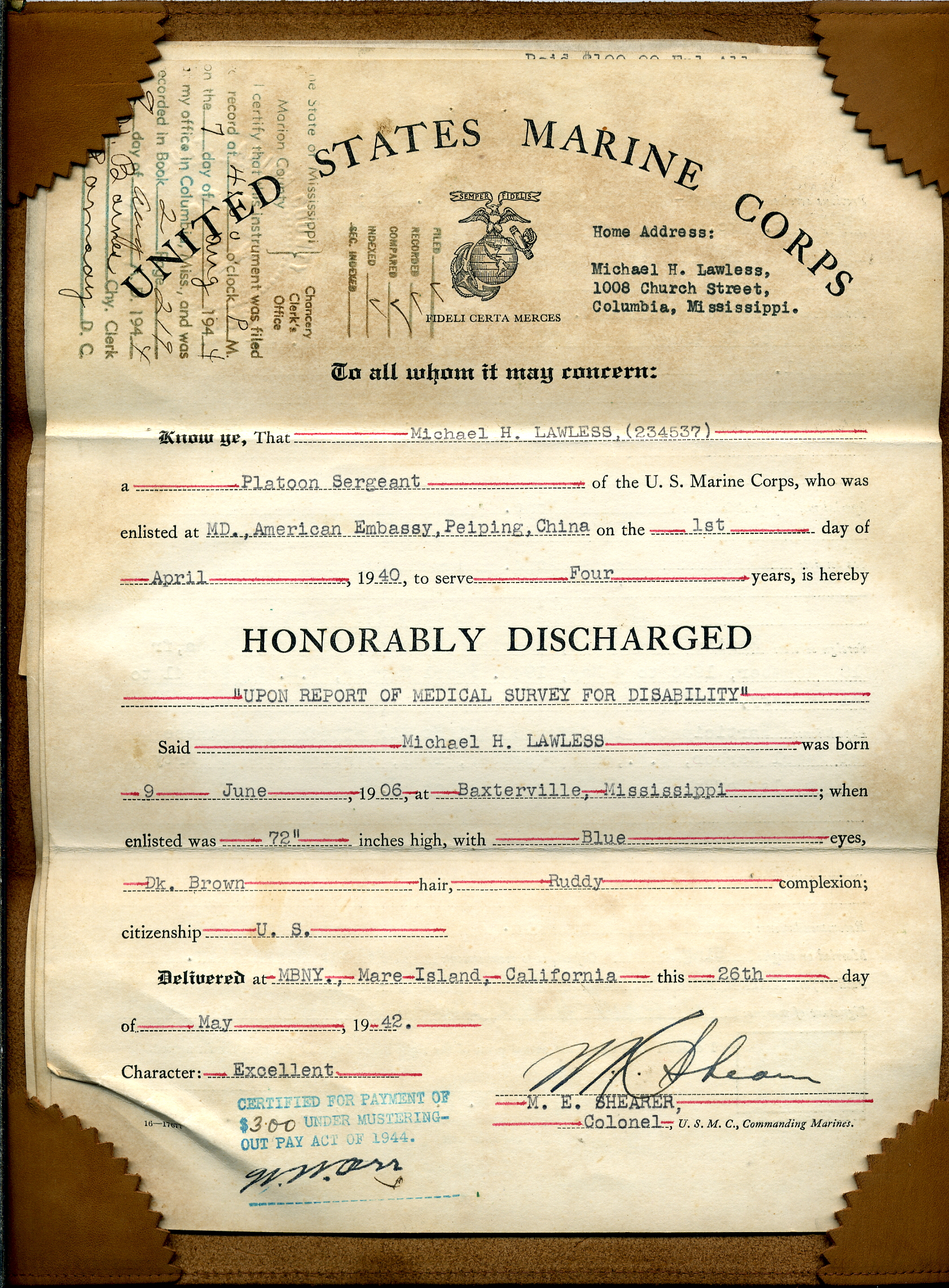
Sgt Mike Lawless’s discharge papers.
I wanted to end this thread with a fine story his family relayed to me about Lawless’s character. “In 1968 Mike visited with his old friend Caribou who was then living in Chelsea, MA. At the time of his retirement in the 1960s, Caribou was the senior ranking enlisted man in the Marine Corps. After a meal of steamed seafood and a pitcher or two, Mike and Caribou toured the USS Constitution. A Navy swabbie attempted to assist Mike across the gang plank. Mike swept a crutch across his knee and ordered him to make way for a couple of Marines!”